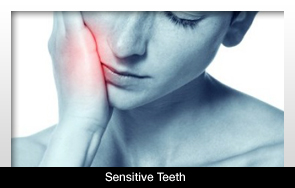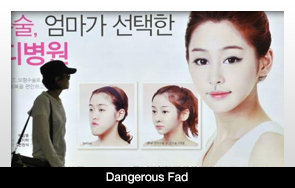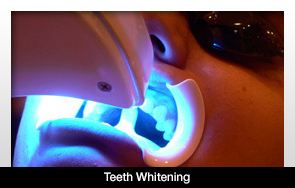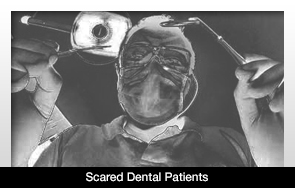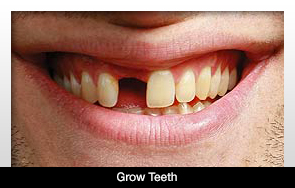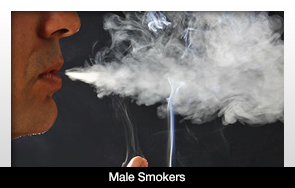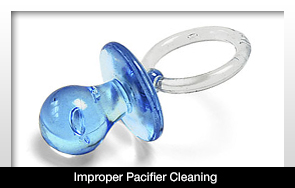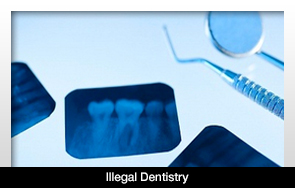Written by Dentistry TodayFriday, 01 March 2013 10:55
 |
Oral cancer risk in men goes up significantly as a result of alcohol consumption, according to a new study.
The American Journal of Public Health study indicated that there are about 20,000 cancer deaths each year in the United States that stem from cancer. Men are at the largest increased risk for oral cancer while breast cancer risk in women goes up based on alcohol consumption.
There were roughly 6,000 deaths in men that resulted from some type of cancer in the esophagus, mouth or throat. About the same number of deaths in women was caused by breast cancer.
People who could be considered light drinkers—1.5 drinks or fewer daily—even comprised 30 percent of the alcohol-related cancer deaths, based on research from the Boston University School of Medicine and the School of Public Health.
Many previous studies have shown that men increase their risk of developing cancer in the esophagus, larynx, liver, oral cavity and pharynx by consuming alcohol.
The study concludes that about 3.5 percent of all cancer deaths stem from alcohol in some way. The study also makes it clear that more needs to be done to reduce alcohol consumption.
Some researchers suggest that since alcohol is an accepted human carcinogen, there is not a level of consumption that could be considered safe and that people should eschew alcohol entirely.
